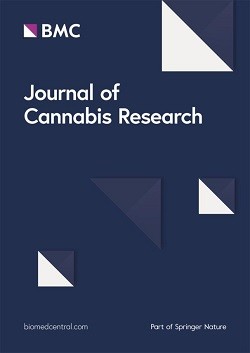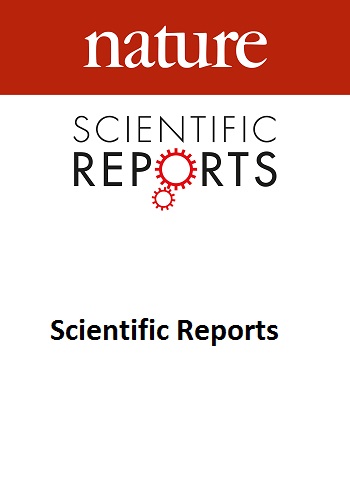Background
Medical cannabis (MC) is increasingly used for chronic pain, but it is unclear how it aids in pain management. Previous literature suggests that MC could holistically alter the pain experience instead of only targeting pain intensity. However, this hypothesis has not been previously systematically tested.
Method
A retrospective internet survey was used in a sample of Finnish chronic pain patients (40 MC users and 161 opioid users). The patients evaluated statements describing positive and negative phenomenological effects of the medicine. The two groups were propensity score matched to control for possible confounding factors.
Results
Exploratory factor analysis revealed three experience factors: Negative Side Effects, Positive Holistic Effects, and Positive Emotional Effects. The MC group (matched n = 39) received higher scores than the opioid group (matched n = 39) in Positive Emotional Effects with large effect size (Rank-Biserial Correlation RBC = .71, p < .001), and in Holistic Positive Effects with medium effect size (RBC = .47, p < .001), with no difference in Negative Side Effects (p = .13). MC and opioids were perceived as equally efficacious in reducing pain intensity. Ratings of individual statements were exploratively examined in a post hoc analysis.
Conclusion
MC and opioids were perceived to be equally efficacious in reducing pain intensity, but MC additionally positively affected broader pain-related factors such as emotion, functionality, and overall sense of wellbeing. This supports the hypothesis that MC alleviates pain through holistically altering the pain experience.




